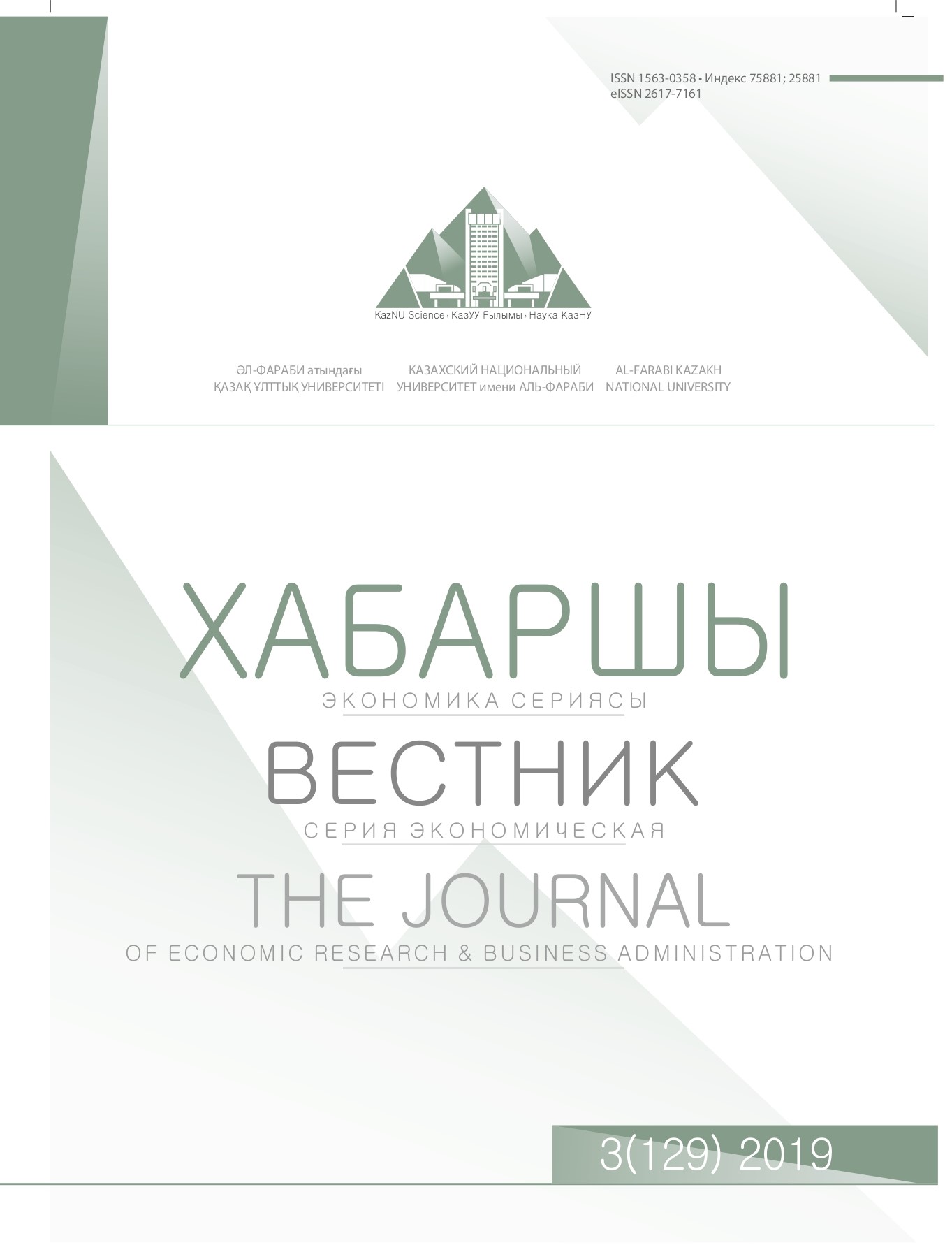Coordination of actions of a group of companies in the field of intellectual property as a risk factor for the state economy
DOI:
https://doi.org/10.26577/be-2019-3-e6Abstract
The sphere of trade in intellectual property is of great interest within the group of companies, especially if the international component is involved in this mechanism. This is due to the advantages offered to them in terms of rationalization of their activities and diversification of risks. However, this factor, as well as the associated large flow of cash flows, is the object of close control by the state, aimed at countering shadow schemes for legalization and withdrawal of funds abroad or understatement of the tax base within the country. The purpose of the article is to identify potential risks for the state from concerted actions within the group of companies. The methodology of the research consists of formal-legal, comparative, analytical methods, system approach. It is concluded that the system of relations in foreign trade in intellectual property is a complex mechanism, which is based on a large set of different standards. However, given the versatility and continuous development of these relations, there are situations that are not regulated at the legislative level. Therefore, the courts have a special role, which can be either an additional tool to protect the economic security of the state, or a factor contributing to the development of the shadow sector of the economy. The value of the study lies in the accumulation of relevant information about the state of this sphere, including taking into account judicial practice, and identifying problematic issues that need to be addressed.













